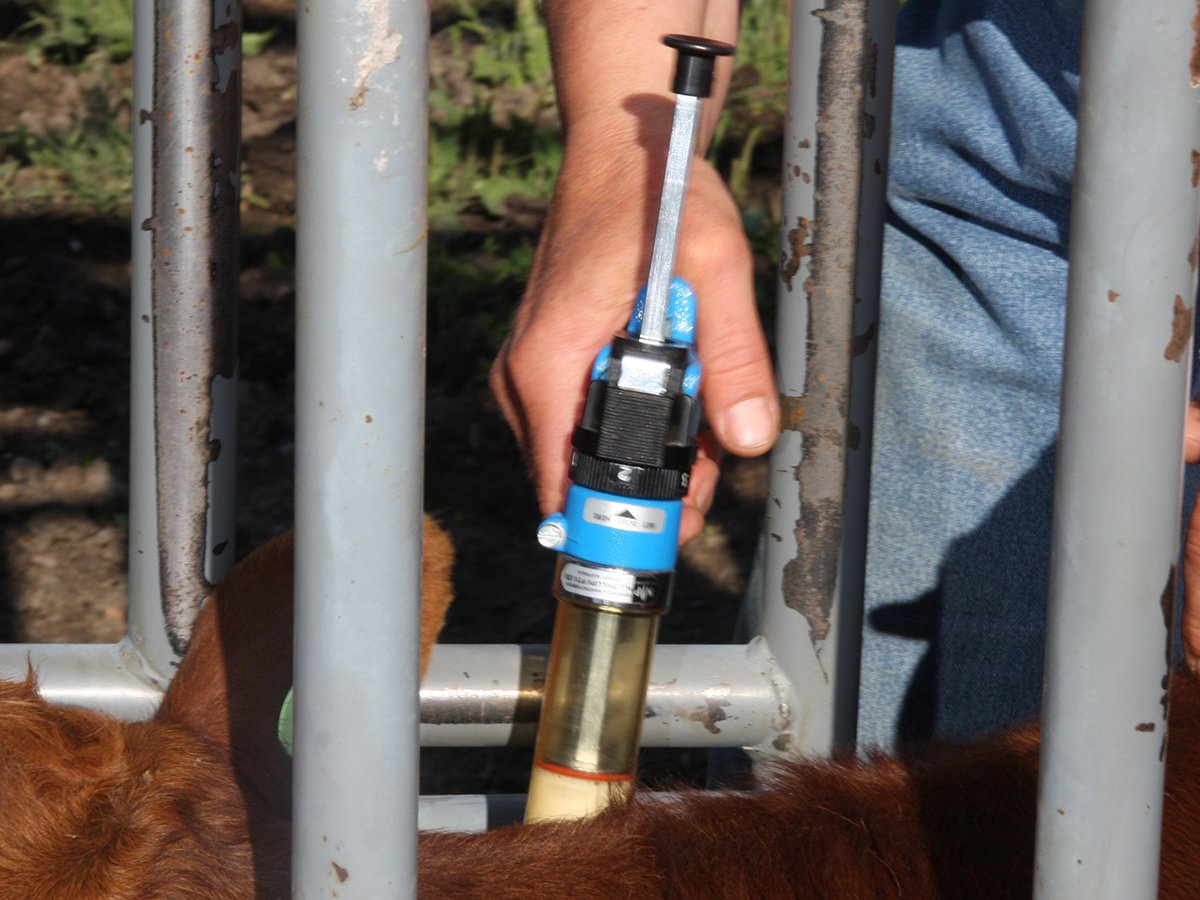Contentious wheeling and dealing over agriculture as nations vie for the best deal is expected at the next round of world trade talks.
But Canada’s Mike Gifford is optimistic these negotiations will be smoother than the previous Uruguay Round.
The special trade policy adviser for agriculture expects a speedier, more efficient round of talks.
“It’s not going to be Utopia,” he said at a recent agriculture trade meeting in Calgary.
“Agriculture negotiations in the next round will be extremely complex and politically charged.”
Read Also

Canada must address potential veterinary drug shortages
If critical products are unavailable when needed, it could result in unnecessary human and animal deaths in the worst-case scenario.
Gifford predicts more disciplined talks because countries like the United States will insist that deadlines be met.
“The United States does not want to see a repeat of the Uruguay round,” he said.
As well, countries like Brazil have said if the will is not there to substantially reduce agricultural subsidies, then it is not prepared to negotiate in other areas like intellectual property.
Quicker settlements
Talks for the General Agreement on Tariffs and Trade dragged on for eight years before the World Trade Organization came together. Governments want the Seattle round settled in four years. It starts Nov. 30.
The mandate this time is for wider market access, as well as lowering of export subsidies and domestic supports within each member country.
It is expected to be easier this time because many developed countries have already accepted modified agricultural policies that permit freer trading environments. Under this round, nations should know by 2001 what each country is willing to offer and how much time each country needs to adopt new rules.
“The deeper the cuts, the longer the transition period,” Gifford said.
During this round, Canada will continue to defend internal policies like the Canadian Wheat Board.
The European Union may join the U.S. in its campaign against state trading organizations like the wheat board.
Another key variable to the success of this round is whether the American Congress agrees to fast track whatever trade deals are worked out. That means the U.S. Senate and House of Representatives can review the final deal, but must approve or reject it as a whole, without changes.
European Union internal reforms to its common agriculture policy will also have a bearing on this round. Enough progress has been made in trade liberalization that the EU could start phasing out its subsidies on cereals.
“It seems this time around, the Europeans are coming to a much better position than they were the last time around,” Gifford said.
Domestic support programs remain contentious.
While the U.S. is a major promoter of agriculture openness, it still provides a high level of domestic support.
Gifford is not sure what the Americans plan to do about domestic safety nets because they are pushing their own programs up with the recent announcement of an $8.7 billion aid package to farmers.

















